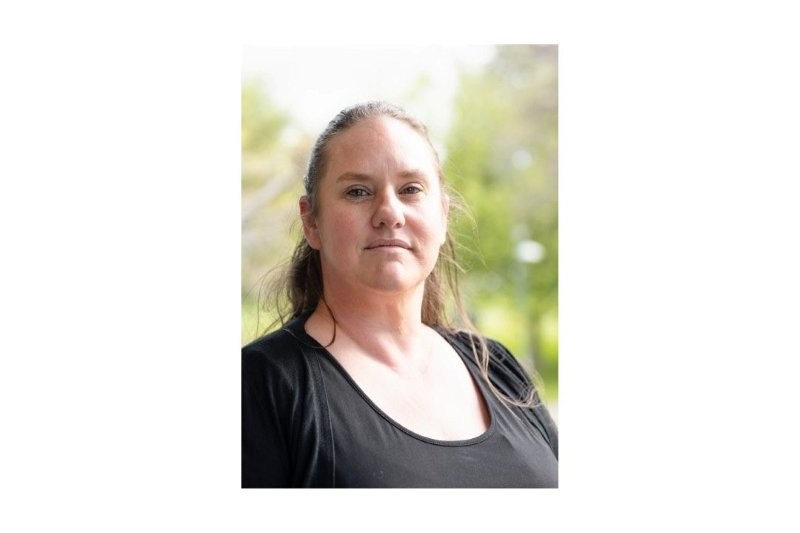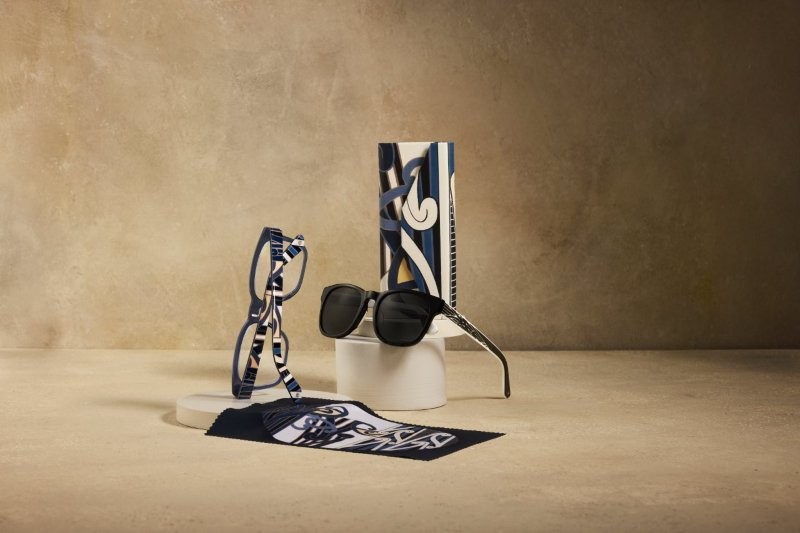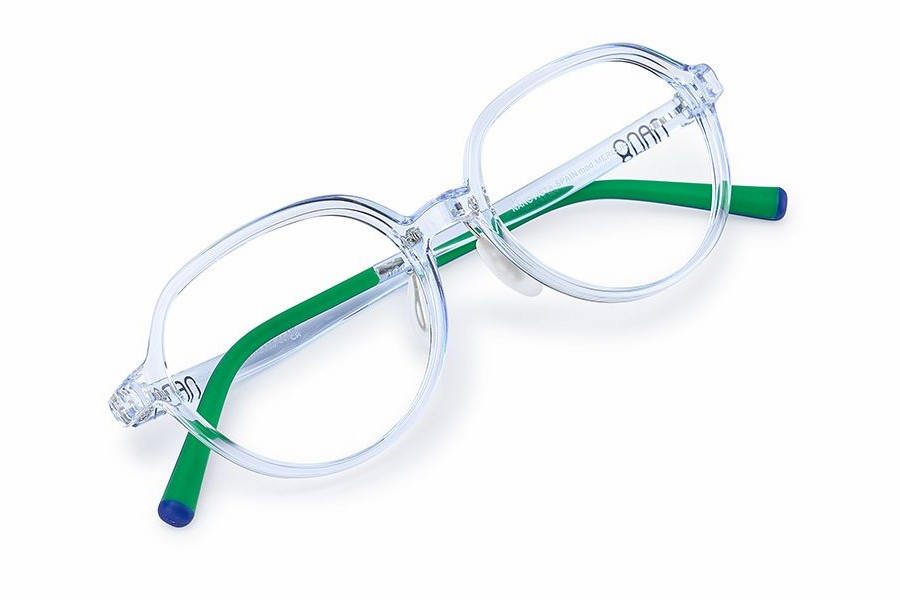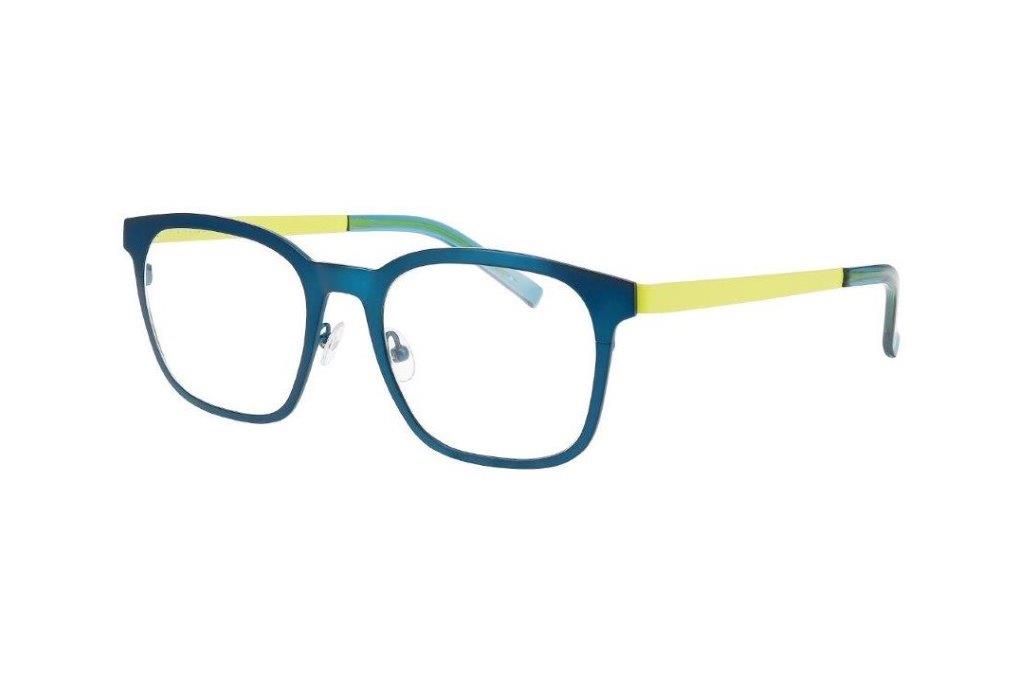MiSight: six-year results
Nearly one-in-four children originally fitted with MiSight 1-day lenses remained stable for myopia after six years, reported Coopervision, unveiling its latest MiSight myopia control lenses clinical trial results.
Of those children prescribed MiSight 1-day at the study’s start, when they were eight to 12 years old, 23% displayed a total refractive change of less than -0.25D (spherical equivalent) at year six. This could be considered clinically stable, said Paul Chamberlain, Coopervision’s director of research. “There is now even more reason to recognise the substantial capability of this unique dual-focus contact lens.”
The original control group was refit into the dual-focus lens in year four. Comparing this population to the children fit with MiSight 1-day at initiation, Coopervision reported similar rates of myopia progression and axial length growth in the subsequent three years of assessment, suggesting that while intervention at an early age is optimal, starting treatment at an older age could similarly slow the myopia progression rate.
Presented at the American Academy of Optometry Annual Meeting, the six-year results continue to demonstrate excellent safety profile, wearing time and visual acuity for children in daily disposable contact lenses over 653 wearing years, said Coopervision.
























